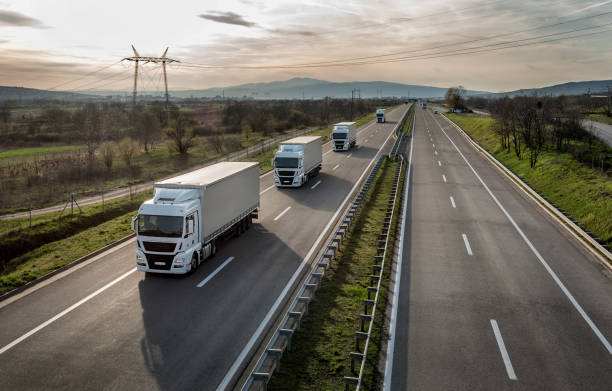Propane Engine Technology for Sustainability

In a groundbreaking collaboration between industry leaders, a cutting-edge engine technology is poised to revolutionize the landscape for fleet owners. This innovative system combines direct injection fuel technology with vapor lock prevention, providing a constant supply of propane autogas to engines. This partnership between forward-thinking companies addresses a long-standing challenge in the world of liquefied gases, offering a cleaner and more sustainable alternative for the future.
A Game-Changer for Engine Performance
Vapor lock, a persistent issue with liquified gases, has been a significant roadblock for engine efficiency. These gases often vaporize, leading to fuel pump disruptions. The new technology introduced through this collaboration effectively addresses this problem, ensuring a reliable and efficient solution for engine performance. Extensive testing has demonstrated its compatibility with existing engines, positioning propane autogas as a viable, low-carbon, high-performance alternative to traditional gasoline and diesel engines.
Propane Autogas: The Future of Clean Transportation
The potential impact of this innovative technology is substantial, particularly in the context of stringent ultra-low emissions regulations set to be enforced by 2027. Propane autogas emerges as a powerful ally in the quest for cleaner transportation, reducing harmful nitrogen oxide emissions by an impressive 96 percent when compared to diesel. Additionally, it offers a five to ten percent reduction in carbon dioxide emissions, making a significant contribution to environmental sustainability. What’s more, this technology can be adapted to utilize renewable propane, further lowering its carbon footprint.
Immediate and Long-Term Benefits
This groundbreaking advancement not only addresses immediate decarbonization needs for medium-duty fleet owners but also promises a more sustainable and cost-effective future. It aligns perfectly with the growing demand for low-carbon and zero-carbon vehicles, bridging the gap between conventional fossil-fueled engines and more environmentally conscious options. The result is an engine technology that not only meets sustainability objectives but also significantly reduces fuel and operational costs, ultimately delivering a compelling total cost of ownership for fleet owners.














